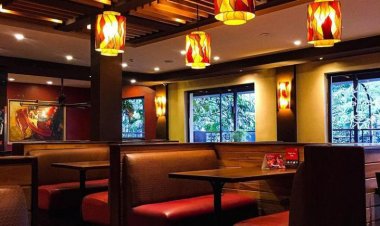Uganda: How a Recycling Enterprise is Turning Plastic Into Wall Tiles in Gulu
Unknown to most, one of the advantages of plastic tiles is that they can be removed and recycled when one gets tired of them.
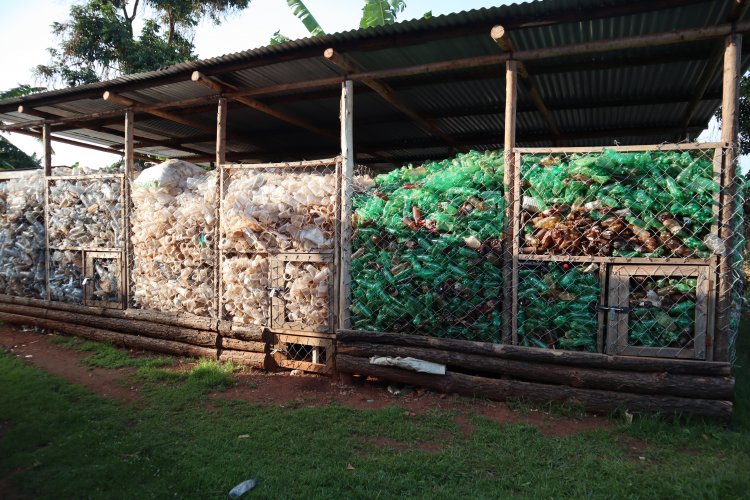
In the past, marble and ceramic tiles were largely the only options homeowners had but with the vibrant construction industry, Takataka plastics, a plastic recycling social enterprise based in Gulu City is giving homeowners an alternative when tiling their homes.
The company located in senior quarters, Laroo-Pece Division, makes plastic wall tiles that are durable and can last over 200 years, according to Peter Okwoko, the Co-founder and Chief Operating Officer at Takataka Plastics.
The former lecturer of computer science at Gulu University says their main aim was to address the issue of plastic waste pollution and youth unemployment.
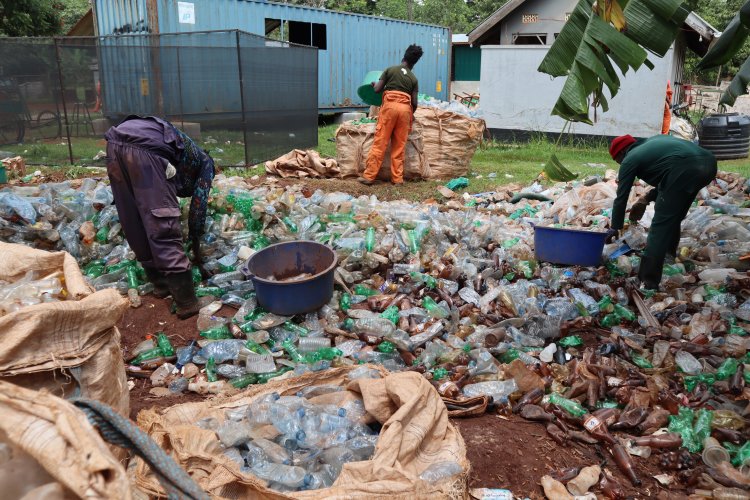 Some of the employees of Takataka plastic sorting the plastic bottles before they are recycled. [Photo/Courtesy]
Some of the employees of Takataka plastic sorting the plastic bottles before they are recycled. [Photo/Courtesy]
Takataka Plastic was established in 2020 after the organization carried out research into plastic waste management and identified its potential.
“Our main emphasis is on the category of plastics called PET (polyethylene terephthalate) like soda and water bottles. The other hard plastics like broken chairs, and jerrycans have value and a lot of people are recycling them in Kampala. Other people recycling PET in the capital mostly crash it and export to China,” Okwoko said.
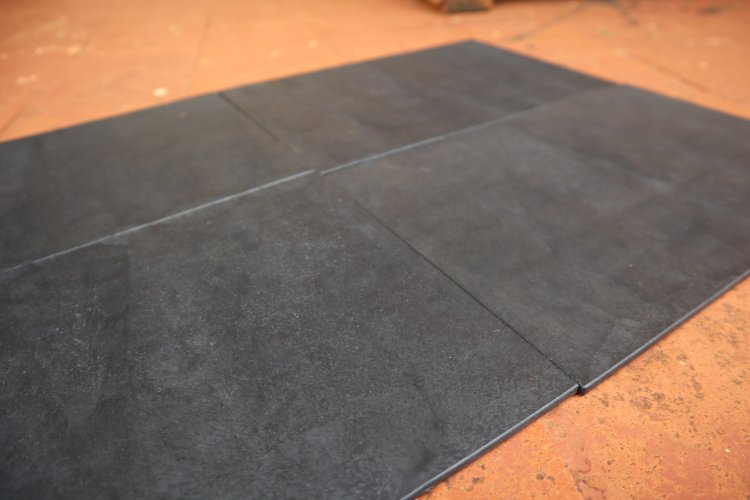 The Plastic tiles are in black Colour. Takataka says it is making the plastic tiles in different colors depending on customer needs. [Photo/Courtesy]
The Plastic tiles are in black Colour. Takataka says it is making the plastic tiles in different colors depending on customer needs. [Photo/Courtesy]
He says they developed a machine that alters the chemical properties of the PET and enables them to safely transform the PET into wall tiles.
“When we developed our first prototypes, we reached out to contractors and people who were constructing. It was fascinating to see that they were welcoming the product and gave feedback. They said the product was good but some were concerned about the mixed colors, that is why we decided to design the new prototype where we can mix colors according to user needs,” he said.
He adds another great feedback from the public was that, unlike ceramic tiles that usually break during transportation, because of their weight, plastic tiles are light and don’t break during transportation.
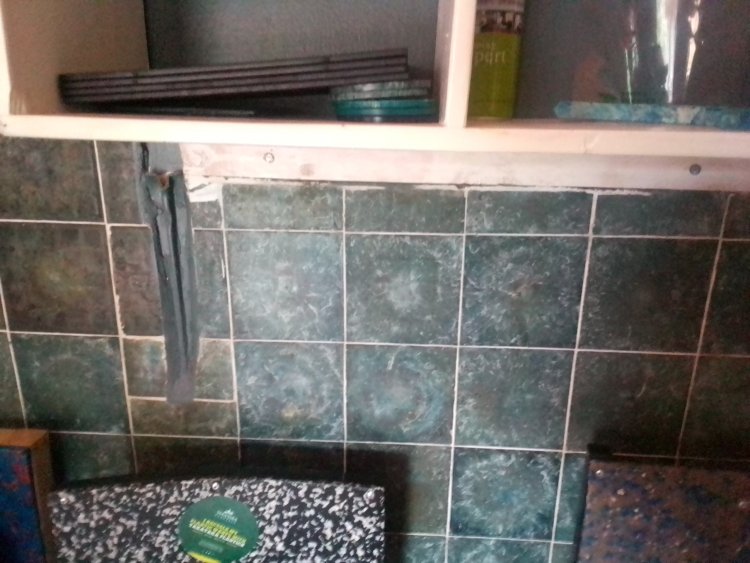
The first prototype of plastic tiles. [Photo/Courtesy]
Another advantage of plastic tiles is that they can be removed and recycled when one gets tired of them.
Taka-taka is currently in the process of constructing a mini basketball court made of plastic tiles to show the public that plastic can be recycled into so much more.
It has also recycled plastics into chairs and face shields which it distributed to frontline workers for free during the Coronavirus Pandemic in 2020.
The organization which employs 35 people, recently procured a machine that can recycle 600 to 700 kilograms of plastic waste every day and expects to start mass production of wall tiles by November.
“Our target is to produce 9 tons of plastic tiles every month. So we are increasing our collection and will also eventually have members of the community have value from the plastics they collect provided they remove the bottle caps and labels. This will lessen the burden of sorting the public and give income to the community,” he said.
Akena Lamex Lambert, the Gulu City Deputy Speaker said Takataka’s efforts have made a huge impact on plastic waste recycling by turning plastic waste into tiles and also chairs.
He, however, said there is still an urgent need for awareness among the public so that people learn how to properly dispose of waste.
“Takataka plastics have made containers in which plastics can be dropped in but you will find people still dropping the plastic bottles outside the containers. So I think there is still an urgent need for awareness on media,” he said.
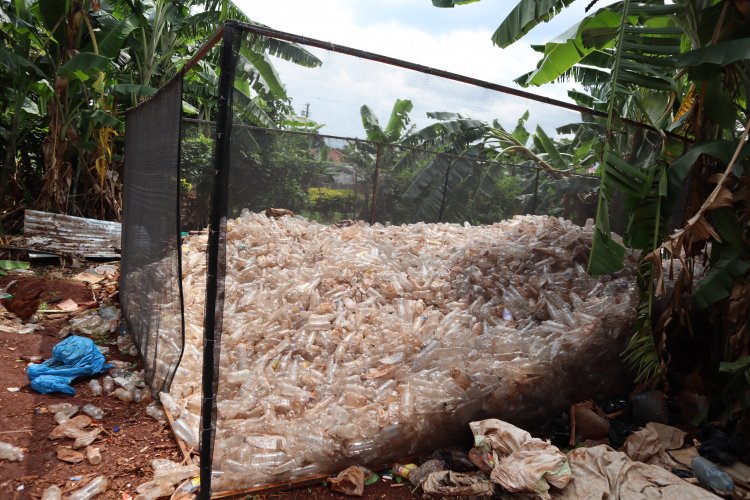
Takataka has put in place over 50 plastic banks or containers at several institutions like markets, hospitals, schools, bars, and restaurants where plastic bottles can be disposed of.
According to Michael Rubanga, the acting Gulu City Health Inspector, the city collects 270 tons of garbage daily.
According to Okwoko, heavy taxation by the government is one of the biggest challenges affecting organizations like their trying to tackle environmental sustainability issues in Uganda.
“They levy a lot of taxes on these social enterprises. They are treated as if they are purely profit but hopefully something can be done to address it soon adding that “despite of the fact that we make some of these machines locally, there are some parts we import and they are taxed heavily,” he said.
Takataka gets its funding from participating in business competitions locally and internationally and grants from organizations and individuals.
The organization recently received Shs30 million from Gulu City Council, Okwoko says.
If you have a real estate press release or any other information that you would like featured on African Real Estate Blog Post do reach out to us via email at [email protected]

 Justine Muboka
Justine Muboka 






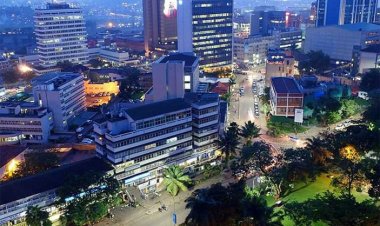


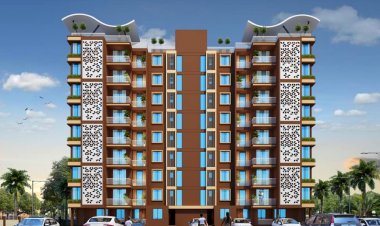













![4 Indigenous Tribes Living in Huts in East Africa [PHOTOS]](https://realestateblogpost.com/uploads/images/2023/06/image_380x226_6482dd8b5c94a.jpg)



